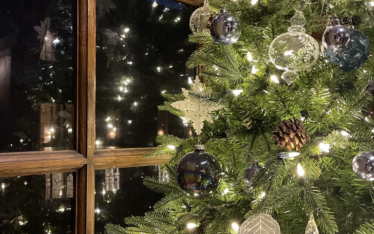One: Moments of stillness
In the hustle and bustle of pre-Christmas preparations we don’t have a minute to spare. This can sometimes spill over into the season itself. So remember from December 24th to introduce moments of stillness. There are so many of them in Polish tradition, not only in the carol “Wśród nocnej ciszy” “In the stillness of the night”. Lay some straw under the tablecloth as a family, in silence. Look through the window before you start your Wigilia (Christmas Eve) meal for your twinkling star. It gives you a breather. Everyone in the family can find their special star. Take time to listen and feel a childish wonder in the nativity story if you read it before you start the meal.
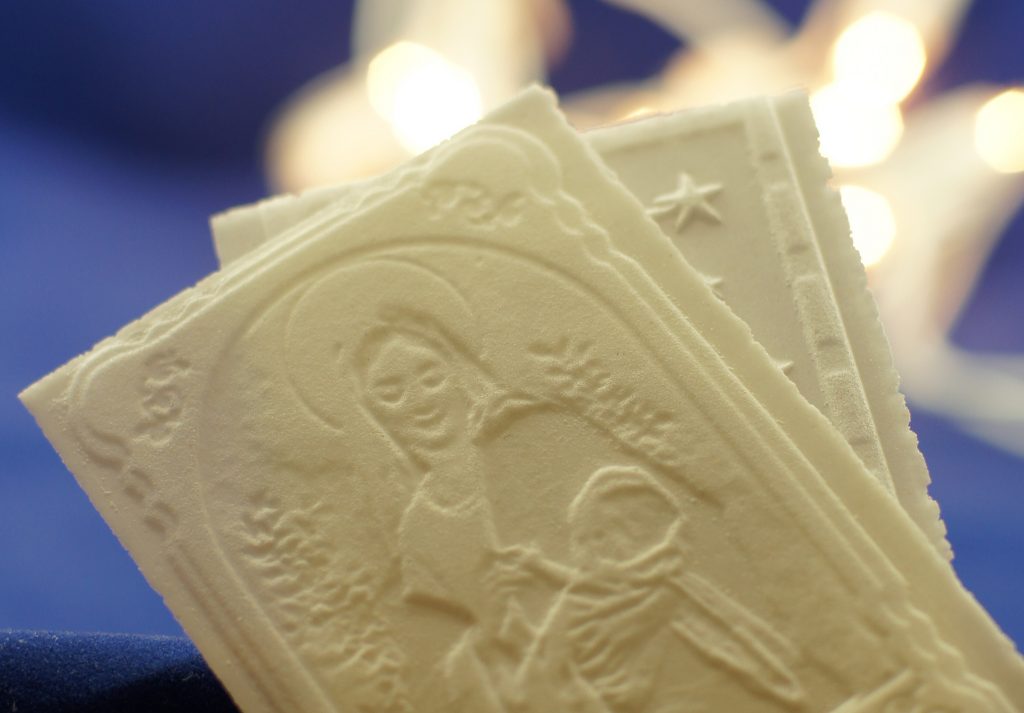
CC by 2.0/FotoKatolik
As you hand around the opłatek, ask everyone for a moment of silence to remember other Christmases with members of the wider family who aren’t with us any more. Leave it just a little longer than you would normally to take a deep breath and relax into the beauty of the night. Although this is a sad moment, it brings the experience of all our Christmases together and reminds us of how special the sharing of opłatek is for Poles. Read more about opłatek through the ages in my post: What is the essence of Wigilia.
Two: Sing

Although we go to carol services before Christmas and carols are sung in church, singing carols at home is often a rushed affair on Wigilia especially as young children are desperate for their presents laying under the tree. My parents always make sure we spend at least one evening together during the Christmas period to sing with the lights off and just the sparking tree to admire. Sing kolędy (carols) and pastorałki (pastorales) – especially pastorałki like “Oj maluśki, maluśki” ( O little one) or “W Dzień Bożego Narodzenia” (on Christmas Day) which are folk songs rather than church songs, often talking about village life or animals greeting the baby Jesus. Some people in Poland sing to the family animals as tradition says that on this night they are given the power of speech.
If you really don’t rate your voice, sing along to the many tunes online, especially the magnificent group Mazowsze or Góral (highlander) style with Armia Janosika or for a more modern twist try Zakopower’s carols.
Three: Eat cake
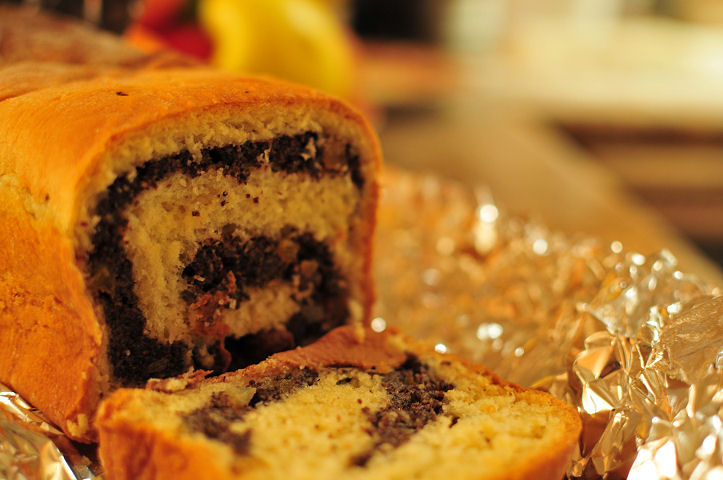
In contrast to other countries’ traditions, Polish Christmas is all about ciasto (cake): Piernik, Sernik, Makownik, Racuszki, ciasto drożdzowe, orzechowe, szarlotki, rogaliki, it’s an endless list but all about having an endless supply to keep you going throughout the days spent at home. Not just during afternoon tea (an English tradition) but for drugie śniadanie (Elevenses) after lunch, with afternoon tea, after pudding (note that in English etiquette this is not called dessert) and basically whenever you like. There are no Polish etiquette rules (thankfully) about eating ciasto! So enjoy! It’s unfashionable to talk about diets. This is the season of plenty.
Four: Keep your tree
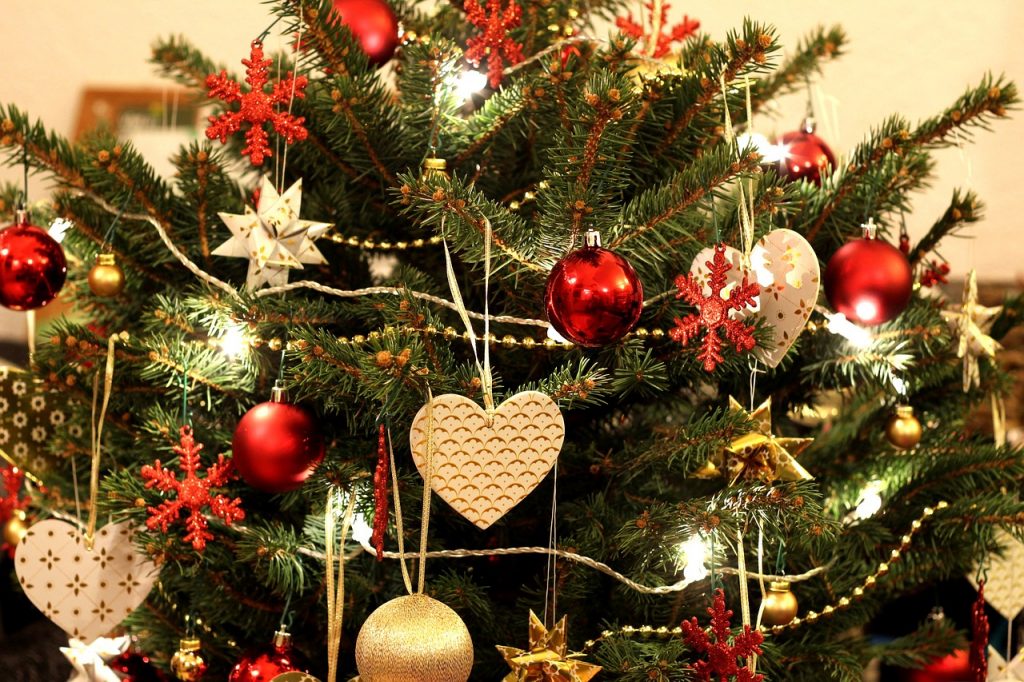
Although the English traditions is to keep your tree throughout the 12 days of Christmas and take it down before 6 January, in Polish this extends all the way to 2 February, liturgically, the Presentation of Jesus in the Temple. My friends and neighbours think it’s great idea we have our tree cheering us up through the gloomy days of the New Year. After all, traditionally Polish people start celebrating on 24th December and continue throughout January. All over the world Polish parishes and organisations meet at weekends to share opłatek and keep their decorations for these events. So even if it’s a real tree and doesn’t last all that time, keep it going. Rather than regretting it having to be taken down, you’ll know when it’s finally time and you can see the first signs of spring.
Five: Sit and talk
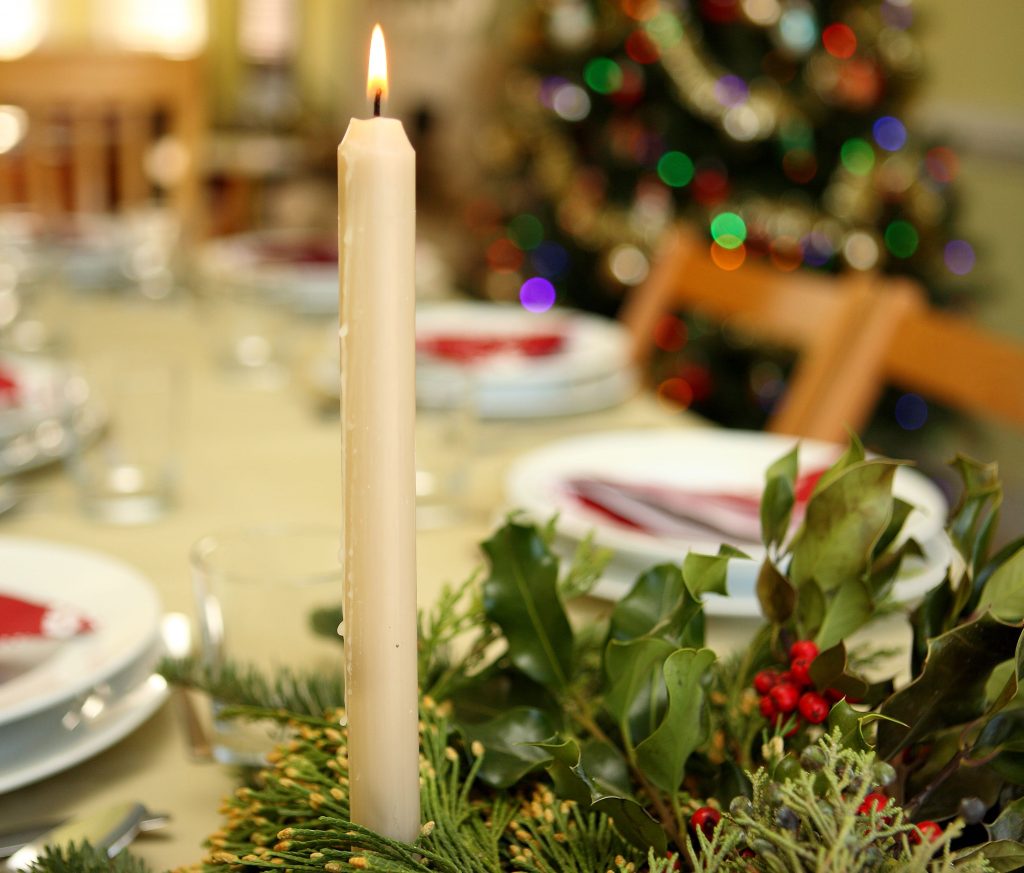
There is one thing that all Poles are capable of doing for hours and hours and that is talk. Sometimes all at once, sometimes the conversations starts at one end of the table and continues around it so even though the original one has concluded, it is still passionately being discussed at the other end. This also must happen around a table, so whether it’s on Wigilia (Christmas Eve) or on Pierwszy Dzień Świąt (Christmas Day) or later, make sure you talk so long until it’s time for the next meal, so no one other than those preparing meals, have to leave the table. You can stay like this all day if you’re one of the lucky ones!
Wishing you a happy and very healthy Christmas this year,
full of special moments of childish wonder.
May your New Year be full of promise and very
Polish at Heart!
If you enjoyed this post, try:
This post, updated, was originally posted on 21 December 2018

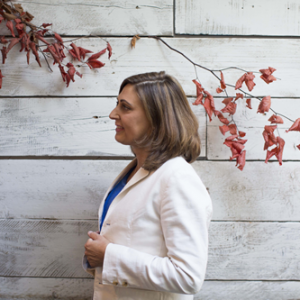
 1.Tracing Family History pre-WW2
1.Tracing Family History pre-WW2 2. Tracing Family History WW2
2. Tracing Family History WW2

